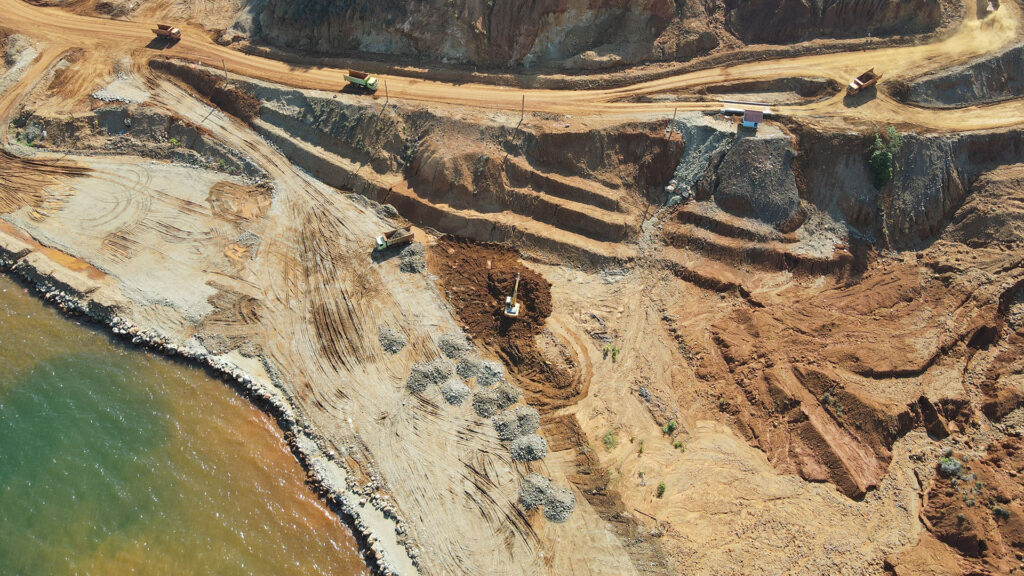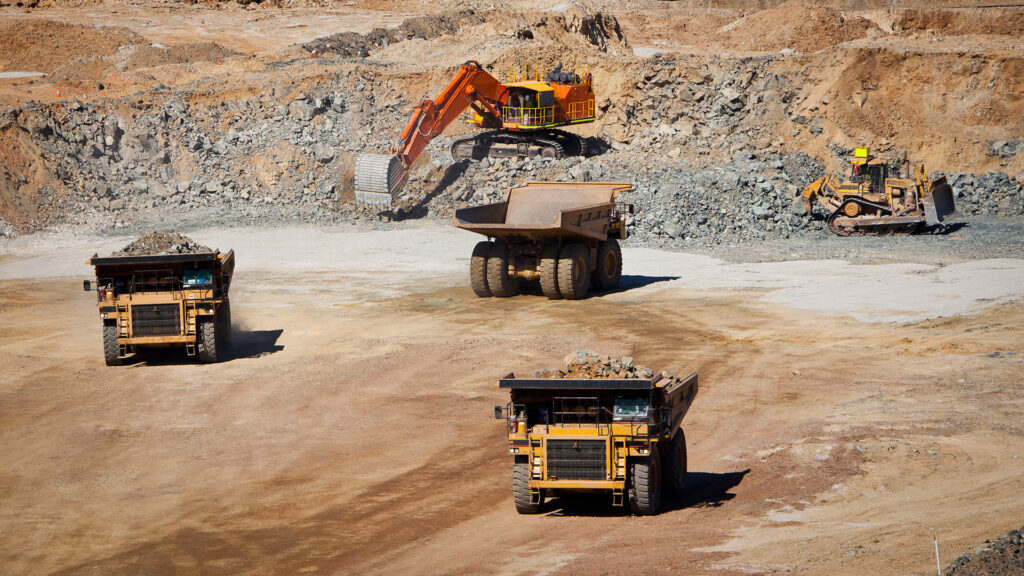COVID-19: Aviation Risk and Operational Considerations – Communication is key!
This briefing analyses the impact COVID-19 (C-19) is having on the risk profile of the aviation industry.
We highlight five key operational issues that insurers and insureds alike will need to consider in the weeks and months ahead.
1. Capacity reduction and parking
Issue: The industry was already handling the fallout from the grounding of the B737 Max. C-19 will further compound the financial and logistical burden on operators with estimates suggesting that over 8,000 aircraft have been withdrawn from service. This equates to a third of the global fleet currently requiring parking, storage, and asset preservation.
Considerations:
- Insurers will need to work closely with brokers and operators to ensure a smooth transition of aircraft – and possibly entire fleets – from flight risks to ground risks only where the policy permits.
- Operators will need to identify low risk locations to store their aircraft which do not prejudice their insurance arrangements.
- Creative storage options will need to be utilised. Disused airports, or airports with little to no activity, will need to be considered as viable locations. Numerous examples can be seen globally of entire runways being used for temporary parking. This will bring additional unforeseen exposures.
- Insurers and operators will need to manage exposures resulting from multiple assets being located in a single location. Severe weather events or natural catastrophes impacting multiple aircraft are a cause for concern.
- All stakeholders will need to assess the security arrangements and access rights to aircraft whilst in situ.
- Operators should review their contracts with service providers (i.e. ground handlers and FBOs) to assess applicable liability and indemnity provisions unique to long-term storage arrangements.
- All stakeholders will need to consider domestic laws regarding occupiers, premises, and environmental damage, to assess whether there is an exposure to strict liability regimes.
- The local political climate will need to be assessed from a risk and security perspective (i.e. unstable local government/high risk of asset seizure).
2. Maintenance Obligations
Issue: As aircraft and equipment are static for long periods, precautions will need to be taken to ensure serviceability. Certain jurisdictions do not have a proven track record in maintenance and preservation yet operators may still be required to park and store equipment in such locations.
Considerations:
- Operators should ensure that maintenance complies with applicable regulations (i.e. FAA and EASA) which may be very specific in nature (i.e. electrostatic grounding, airframe sealed, power units checked, fire systems maintained etc.) and could differ between jurisdictions.
- Airlines with leased equipment should review their lease obligations regarding preservation and ongoing maintenance. Early review of contractual documents and dialogue with lessors is key. Failure to mitigate damage during storage/parking could result in claims.
- As global lockdowns become widespread, licensed aircraft engineers will be in short supply or may not be able to attend storage facilities. Some jurisdictions will not categorise aircraft engineers as “essential workers”. Contingency plans will need to be made to manage this exposure.
- Engines may need to be removed and stored separately to the airframe if the grounding is prolonged. Extensive preservation steps, such as removing engine oil and replacing with anti-corrosion substances, may be required. Planning for such an eventuality should start now to avoid engine damage.
3. Adaptation of aircraft for special cargo
Issue: Aircraft are being converted from passenger to cargo configurations to service increased demand for special cargo (e.g. medical and humanitarian supplies) and air charters.
Considerations:
- If significant reconfiguration takes place (e.g. removal of seating versus utilising cargo hold only), checks should be conducted to ensure airworthiness requirements have been adhered to. Failure to do so could result in fines and may also invalidate insurance.
- Terms of an applicable lease may restrict the use and modification of an aircraft and early dialogue should be held with lessors.
- Any changes to uses and operations will need to be clearly communicated to insurers to ensure that such changes are not excluded.
- Safety is paramount to avoid airside incidents during adaptation in confined and congested spaces. An increased exposure to injury claims from ground and engineering crew during modifications in hangar may exist. Additional insurance cover may need to be procured and attention should be given to any contractual liability that arises from engaging third party contractors.
- Local health and safety regulations must be adhered to whilst noting that a majority of ground handlers and MROs will be operating a skeleton staff due to non-essential workers being unavailable.
4. Increased Cargo Operations
Issue: Operators are being contracted to carry types of cargo that they may have limited experience in handling (i.e. medical and pharma).
Considerations:
- Hazardous, flammable, and biological items may increase exposure and risk. Dangerous Goods Regulations will need to be strictly complied with or significant fines could result.
- Liability of the carrier may be limited by reference to the weight of the cargo under the international convention regimes.
- The vast majority of cargo is likely to be medical and pharma with low weights, meaning low financial limits of liability under the applicable international convention compared to the actual cargo value. Carriers should consider whether this creates additional exposures.
- Cargo claims for damage and delay may increase, particularly for perishables and/or pharma which could not be delivered, either in a timely manner or at all, due to grounding of aircraft and travel/transit restrictions.
- Operators will be operating to and from airports, and in jurisdictions which they are not familiar with. Thorough safety assessments should be undertaken.
5. Skills shortage
Issue: The industry has a shortage of pilots, engineers, ground crew, and air traffic controllers. C-19 will compound this problem.
Considerations:
- Many airlines have furloughed their employees for an indefinite period. Attracting these individuals back when the crisis is over may prove to be a challenge. Operators will need to take proactive steps to retain skilled labour.
- All stakeholders will need to review bulletins released by local authorities in relation to ongoing licensing, certification and training requirements. Many jurisdictions have already taken steps to suspend the immediate licensing/recertification requirements for pilots and aviation entities until later in 2020. This will ease the operational burden as everyone adapts to staff shortages.
- All stakeholders will need to consider the impact skills shortages may have on future operations, particularly if the insurance program is due to renew, both from a risk management and safety perspective.
Conclusion – communication is key
All stakeholders need to come together to ensure that each party fully understands the risks and liability exposures created by the current operational environment
It is encouraging to see that insurers and operators have been extremely proactive and creative in responding to C-19 from an operational, logistical, and financial standpoint. It is essential that we all continue to adapt to the rapidly changing landscape. This is vital for the long-term sustainability of our industry. Stay safe, stick together, and the industry will remain resilient.
How can HFW help?
We understand and recognise that the industry faces deep and complex challenges that will impact each and every single one of us. Our objective is to provide helpful and practical guidance to our clients in their time of need whilst recognising the significant financial impact that C-19 is having on their business. Should those reading need further guidance, our global team is here to assist and are ready to help.
For further information on this briefing, please contact the authors or your usual HFW contact.
Paul Woodley
Senior Associate, London
T +44 (0)20 7264 8121
E paul.woodley@hfw.com
James Jordan
Senior Associate, Singapore
T +65 6411 5374
E james.jordan@hfw.com








